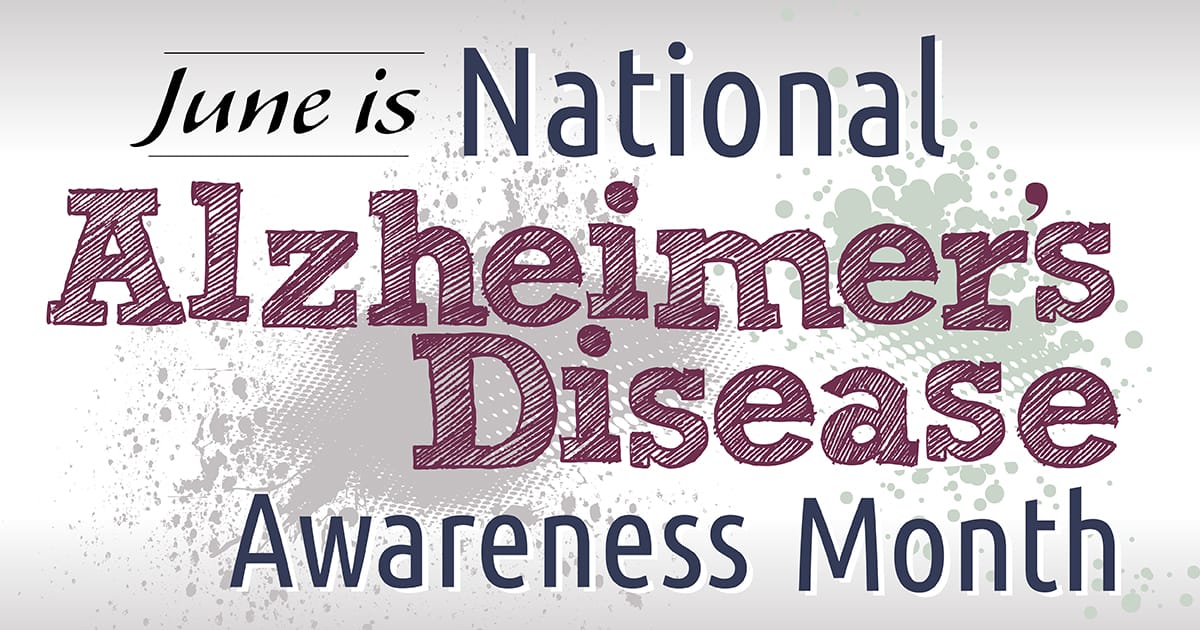As we get older, we assume our memory declines with old age. But what happens when everyday memories become lost or forgotten? Or you cannot remember your daily routine or functions? These two questions are important when determining what mental health illness you or someone in your life have. Every 65 seconds someone in the United States develops Alzheimer’s disease! According to the Alzheimer’s Association, “Dementia is a decline in mental ability that affects daily life, while Alzheimer’s is a type of dementia that alters with memories, thinking abilities, and behaviors”. This disease is not a normal part of aging and awareness needs to be brought into our community.
The Alzheimer’s Association states, “Roughly, 5.7 million Americans who are living with Alzheimer’s. By 2050, this number is projected to rise to nearly 14 million Americans”. Alzheimer’s is a disease that gets worse over time and can progress quickly in some individuals. So, what happens in the brain? The inside of the brain changes with Alzheimer’s. Abnormal protein clumps form in the brain and causes nerve cells to lose connection and die. The nerve cells help communicate messages to the rest of the body; causing bodily functions to fail. This is when someone may start to forget their daily routine. When the nerve cells die, the brain then begins to shrink and lose its normal shape. There is still no known cause for Alzheimer’s disease.
Roughly 200,000 Americans 65 and younger have early-onset Alzheimer’s. When you are experiencing memory symptoms, schedule an appointment with your doctor. Early diagnosis is key. One of the earliest symptoms of Alzheimer is difficulty remembering newly learned information. Once you or a loved one is diagnosed, you can live anywhere from 4-20 years, based on personal health conditions. Everyone’s symptoms will vary person to person and sometimes extra care is needed. Today, there is still no cure for Alzheimer’s, but there are treatments that can help slow down the symptoms. Scientists are still searching for answers.
Get the help you need. If you or a loved one has been diagnosed with Alzheimer’s, you are not alone:
- Alzheimer’s Association is the trusted resource for reliable information, education, additional resources, find a local resources, and support for anyone who is affected by this disease. Please visit alz.org to find out more.
- Two helpful support resources to use are:
- ALZConnected, an online social networking community filled with message boards
- Alzheimer’s Navigator, a web tool that helps create action plans, based on answers provided through some short, online surveys
- If you need any sort of help, please call The Alzheimer’s Association helpline at 1-800-272-3900.
- Contact the Forest County Potawatomi Health and Wellness Center for additional help or resources at 715-478-4300 or Community Health at 715-478-4355

